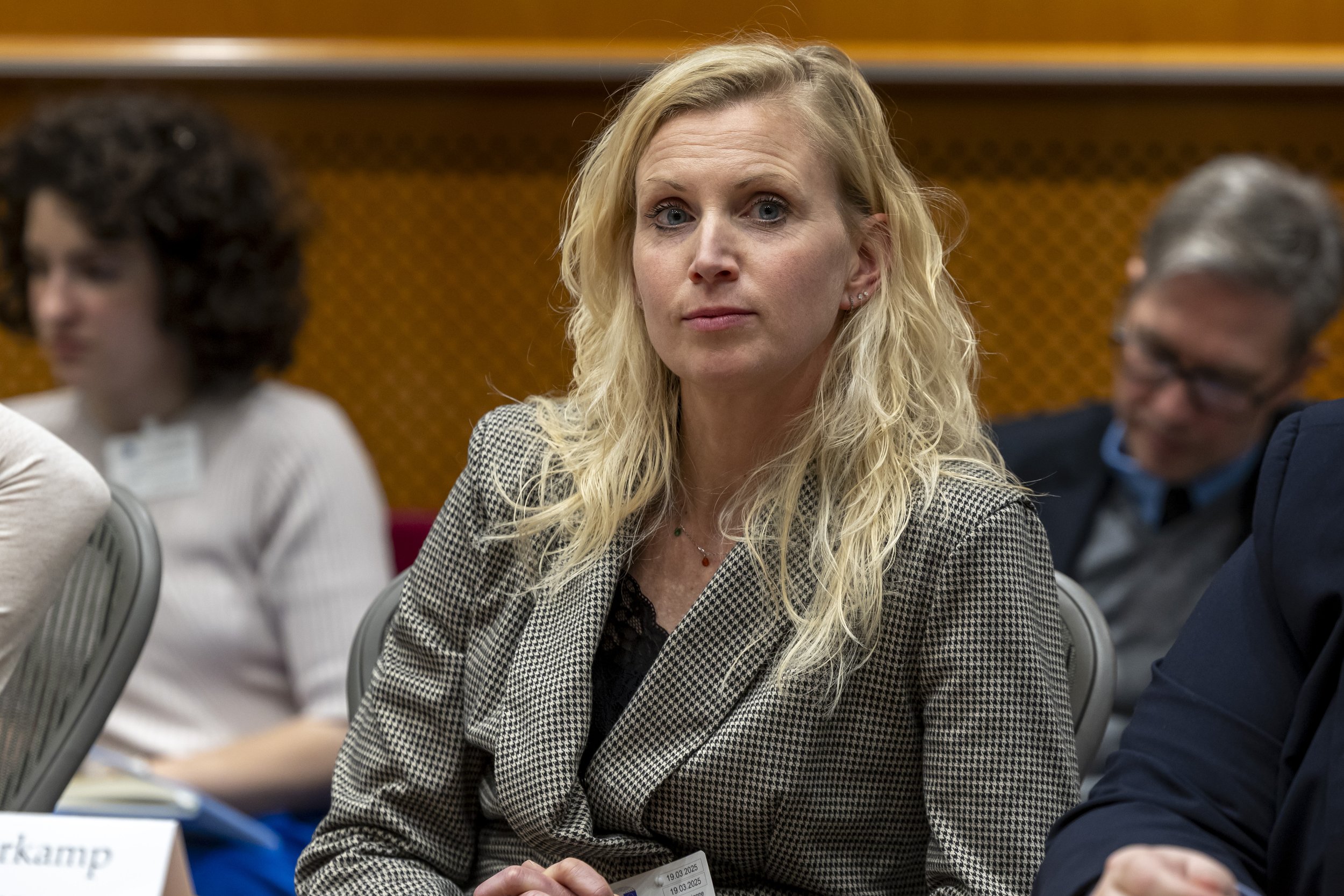Marianne haverkamp and Duncan Brown, GSSFC Co-Chairs
The Global Sepsis Alliance is proud to announce the launch of the Global Sepsis Survivors and Families Committee (GSSFC), which will meet for the first time on 15 April 2025 at 14:00 CEST.
The GSSFC will serve as a dedicated platform for sepsis survivors and family members to connect, share experiences, and advocate for greater awareness and improved care. Building on the success of the European Sepsis Alliance’s Patient and Family Support Working Group, this new global committee will empower the survivor community to drive change, locally and internationally.
The 2030 Global Agenda for Sepsis suggests that awareness on sepsis and its sequelae should be improved among the public, media and policymakers through consistent advocacy, a simplified new narrative on sepsis, and the engagement of sepsis survivors and patient families.
The Committee will be co-chaired by Marianne Haverkamp, who also leads the European Sepsis Alliance’s Patient and Family Support Working Group, and Duncan Brown, father of Kuan Brown who passed away unexpectedly due to undiagnosed sepsis, both of whom bring poignant experiences and a strong commitment to advancing the cause.
Through its work, the GSSFC aims to:
Amplify the voices of sepsis survivors and families in global advocacy, leveraging the GSA network and activities.
Share successful stories, strategies, and tools for improving sepsis awareness, care and support.
Raise awareness on life after sepsis, including the physical, cognitive, and psychological challenges survivors and caregivers face.
Facilitate peer support and build a global survivor network.
Develop multilingual advocacy resources and host regular webinars and workshops.
If you are a sepsis survivor or family member interested in joining the Committee and contributing to its work, please contact Simone Mancini, GSA Partnership Lead, at Simone.Mancini@global-sepsis-alliance.org.
Together, we can strengthen the global voice of those most affected by sepsis, and create lasting impact.



















































































